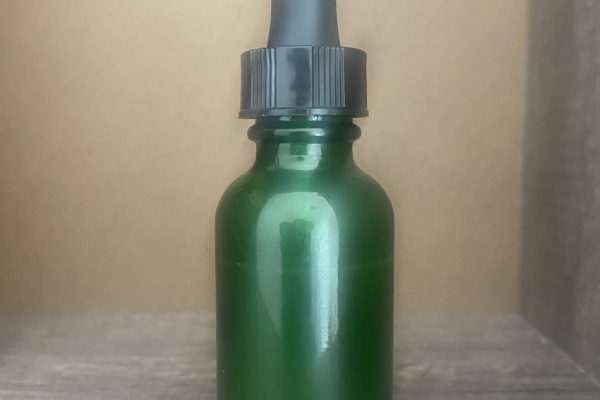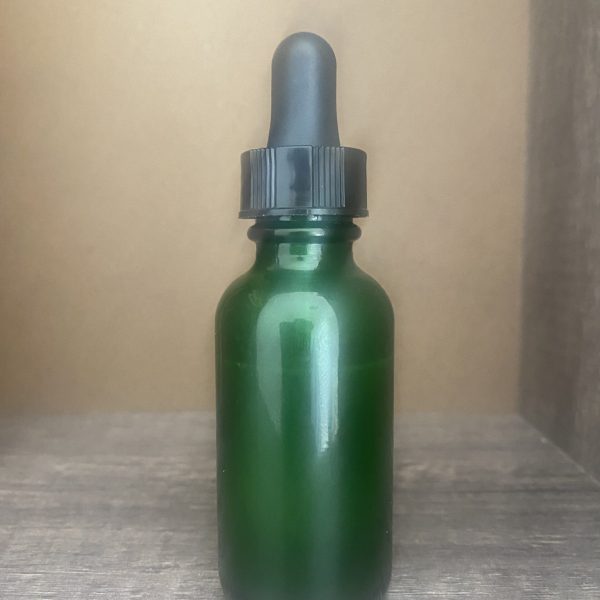Tincture of Passionflower + Holy Basil + Skullcap
MANGOES DIPPED IN PREMIUM DARK CHOCOLATE
PROCESS
Dried Passion Flower, Holy Basil/Tusli, and Skullcap were extracted together with 40% alcohol using an herbal infusion machine.
TASTE
Earthy.
APPEARANCE
Brown liquid
GREAT FOR
• Can help promote restful sleep.
• Can help those who have insomnia.
• May relieve symptoms arising from ADHD.
• May relieve anxiety.
• Could relieve stress.
• May help with inflammation
Information about the herbs in the tincture.
Holy Basil: Info & Lore
Holy Basil, or Tulsi is important in the Hindu culture. This plant is believed to be the consort of Lord Vishnu – an important part of the Hindu trinity (Bramha, Vishnu and Shiva). In local languages, the Tulsi plant is often referred to have feminine qualities or as ‘she’.
Passion Flower: Info & Lore
The name 'Passion Flower' refers to the passion of Jesus and the genus therefore has a particular relevance to Christianity. Spanish Christian missionaries adopted the unique structure of the plant as symbols of the last days of Jesus and especially his crucifixion.
Skullcap: Info & Lore
American skullcap is native to North America, but it is now widely cultivated in Europe and other areas of the world. It has been used for more than 200 years as a mild relaxant and as a therapy for anxiety and nervous tension. In nature, American Skullcap grows near babbling brooks, and it is good for a babbling mind.
Tincture of Blue Lotus
MANGOES MADE INTO A FOOT-LONG FRUIT ROLL-UP
PROCESS
Dried Blue Lotus flowers were extracted with 40% alcohol using an herbal infusion machine, resulting in a tincture of Blue Lotus.
TASTE
smooth, velvety, earthy.
APPEARANCE
Light brown, like mud.
GREAT FOR
• Can act as a nervous system relaxant, also known as a Nervine tonic.
• Can help promote restful sleep.
• Can help to reduce stress.
• May open up the third eye and work as an aid in meditation.
• May induce deep relaxation.
• May heighten awareness.
• May relieve anxiety.
• May uplift mood.
• Can be used as an aphrodisiac.
Blue Lotus: Info & Lore
The blue lotus has a long history of traditional use in several cultures around the world. Records of its use are most abundantly available in ancient Egyptian scripts and art.
Blue Lotus was regarded as sacred and central to the Egyptian civilization; their mythology describes the blue lotus flower as the proverbial mother of their solar deities Amun-Ra and Atum. According to the lore, the world was originally engulfed in darkness and water until a large blue lotus appeared, opening up and introducing light and these first gods to existence.
Blue lotus flowers bloom during the summer, slowly emerging from the water and opening their petals to receive the Sun’s light. They close again in the evening. Due to all this, the plant became a symbol of light (the Sun), origin, eternity, and resurrection for ancient Egyptians.
Before the invention of western medicine, cultures around the world used what they could find in nature to heal themselves. Over thousands of years, they were able to discover which plants and herbs worked the best for hundreds of different issues. Back in ancient Egypt, the Egyptians used the blue lotus flower to treat a lot of conditions and disorders including anxiety and insomnia. The Egyptians didn’t know why exactly the blue lotus flower was so good for sleep and relaxation, but they knew it worked.
Today, we know that the blue lotus flower contains two compounds called apomorphine and nuciferine. Apomorphine can help instill a happy and euphoric feeling because it activates dopamine receptors, while nuciferine can help increase feelings of calmness.
Blue lotus is also an adaptogenic herb, some of the most common adaptogens include ginseng, cordyceps, ashwagandha, tulsi (holy basil), turmeric, maca root, reishi, nettle leaf, and schisandra.


